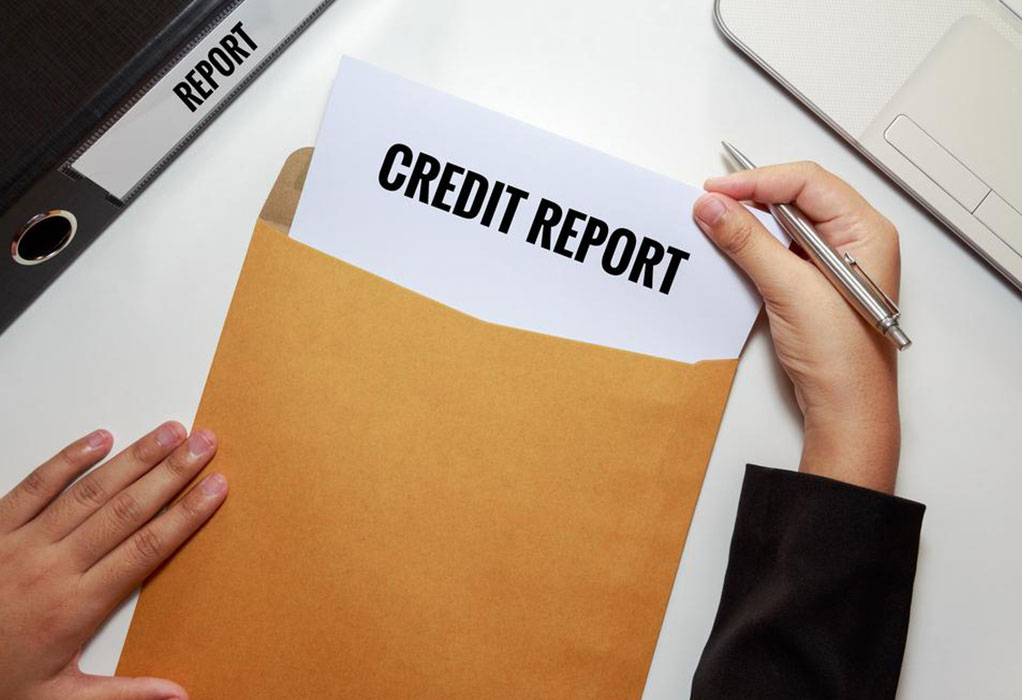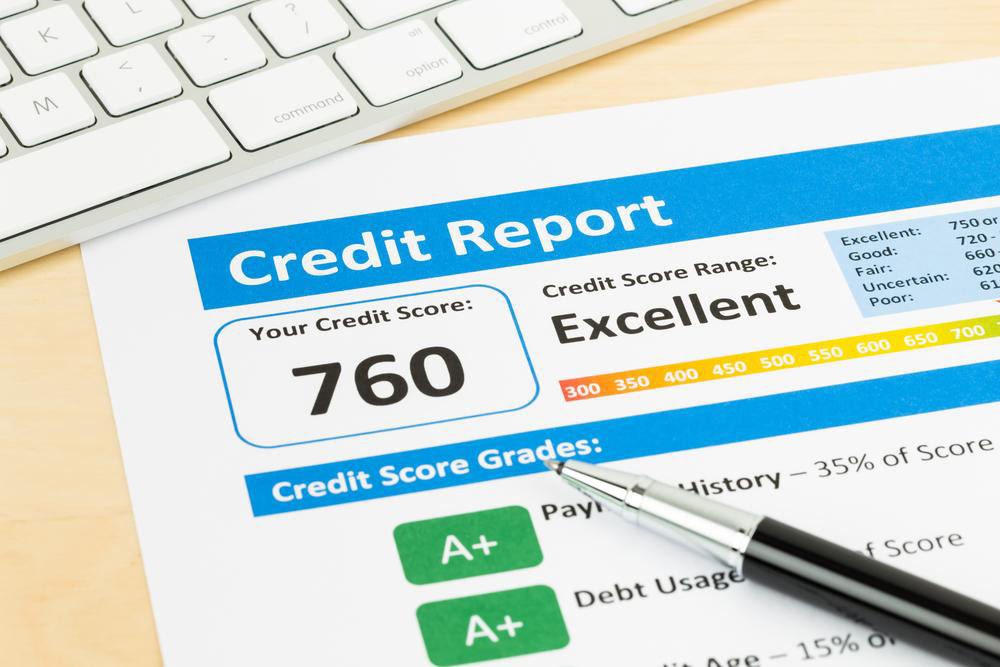Comprehensive Guide to Correcting Errors on Your Credit Report
Learn how to effectively identify, dispute, and correct errors on your credit report. This comprehensive guide covers the dispute process with major agencies like Equifax, Experian, and TransUnion, emphasizing the importance of maintaining accurate credit information for better financial opportunities. Regular monitoring and proper dispute procedures help protect your credit and prevent fraudulent activity. Ensure your credit report reflects your true financial profile by following these essential tips and steps.

Your credit report is a crucial document that provides a detailed overview of your financial history. It includes information such as your current and past residences, payment history, any legal issues like court judgments, and bankruptcy filings. This report is compiled and maintained by credit reporting agencies and is routinely accessed by lenders, insurers, potential employers, and other authorized parties to assess your financial reliability and creditworthiness.
Maintaining an accurate credit report is essential for securing favorable loan terms, employment opportunities, and insurance rates. Because errors can negatively impact your financial prospects, it’s vital to review your report regularly—preferably once a year—to identify and correct any inaccuracies. Detecting wrong information early helps you to prevent potential damage to your credit standing and ensures that your financial profile accurately reflects your true credit behavior.
The three major credit reporting agencies—Equifax, Experian, and TransUnion—collect and store your credit information. These agencies offer free annual credit reports upon request, making it simple for you to review your data without incurring additional costs. Moreover, if your credit application is denied or if you face adverse decisions like losing a job opportunity based on your report, you are entitled to request a free copy of your report for review.
Identifying errors on your credit report involves a careful review of all listed information. Common errors include outdated or incorrect personal details, wrongly reported late payments, accounts that don’t belong to you, or inaccuracies stemming from identity theft. Once you spot any discrepancies, it’s essential to take prompt action to dispute the inaccuracies to mitigate their impact on your financial future.
Steps to Dispute Errors on Your Credit Record
The dispute process starts with a written communication to the respective credit bureau—involving detailed explanations of the errors and supporting documentation. This documentation may include bank statements, payment receipts, or legal documents that substantiate your claim. When sending your dispute letter, it is advisable to include your full name, address, and identification details to facilitate the process.
Most credit reporting agencies recommend submitting your dispute within 30 days of discovering the error. Once they receive your request, they are obligated to initiate an investigation, usually within 30 days. During this period, they review the evidence you provided and contact the relevant entities or creditors involved to verify the information.
It’s crucial to keep copies of all correspondence, evidence, and records of communication with the agencies and creditors. This documentation not only helps track your dispute’s progress but also serves as proof should the matter escalate or require further action.
Handling Unresolved Disputes
In cases where the credit bureau does not resolve the dispute satisfactorily—either by failing to correct the error or dismissing your claim—you have several options. You can escalate the issue by contacting the information provider directly, such as the lender or creditor involved, and request them to update their records. Additionally, you may consider filing a complaint with the Consumer Financial Protection Bureau (CFPB) or your local regulatory authority.
Avoid relying solely on disputes with lenders unless necessary, and always ensure you understand the dispute process thoroughly. Steer clear of neglecting to gather comprehensive evidence or reading the terms of your dispute procedures carefully. Properly documented and methodical dispute procedures are essential for protecting your credit rights and ensuring your report accurately reflects your financial behavior.
Additional Tips for Maintaining Accurate Credit Reports
Regularly monitoring your credit report not only helps you spot errors early but also allows you to detect signs of identity theft or fraudulent activity. Setting up alerts and monitoring services provides an added layer of security. Moreover, maintaining good credit habits—such as timely payments, managing debt responsibly, and keeping your personal information up-to-date—further helps ensure your credit report remains accurate and beneficial for your financial health.
In summary, actively managing your credit report is an essential step toward building and maintaining a healthy financial profile. By understanding the dispute process, documenting your claims thoroughly, and acting promptly on discrepancies, you safeguard your financial reputation and improve your chances of favorable lending, employment, and insurance opportunities in the future.




